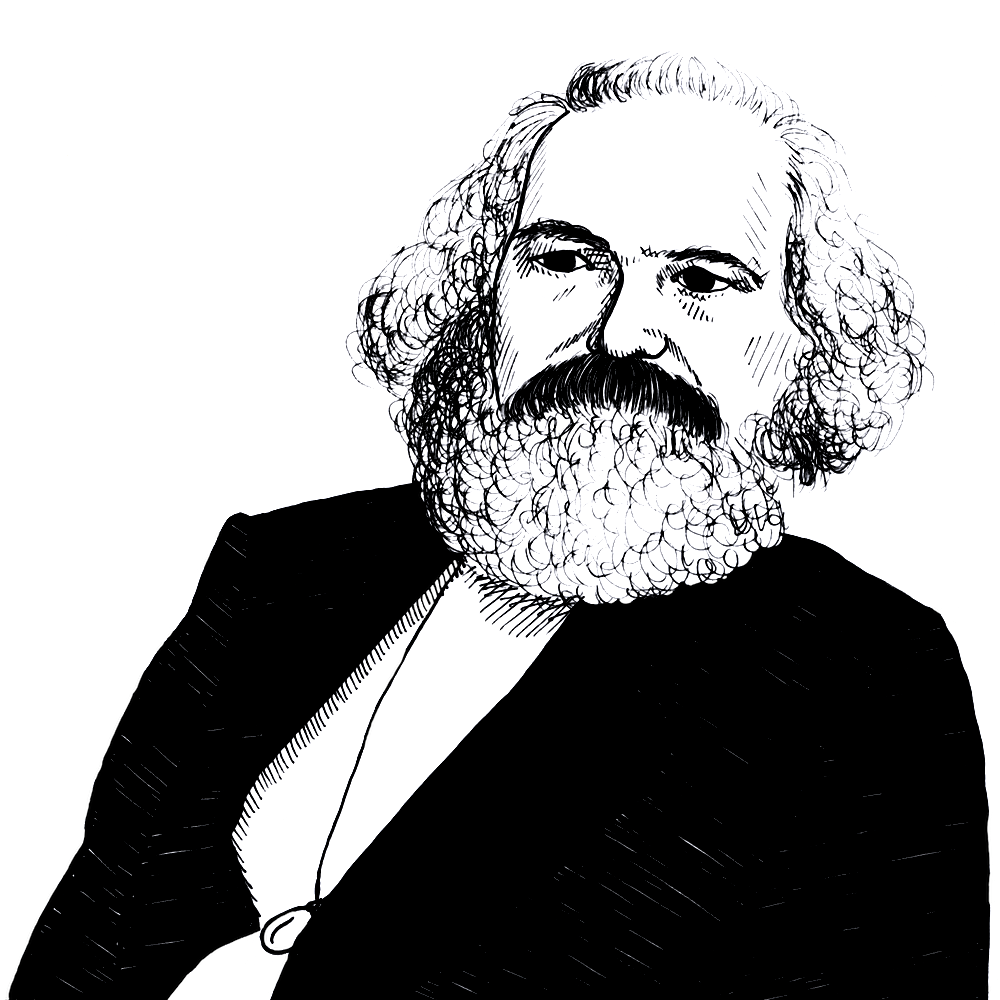
Karl Marx on the necessary task the “bourgeoisie” was doing in putting an end to “feudal and patriarchal relations” (1848)
Found in: Manifesto of the Communist Party
The German socialist Karl Marx (1818-1883) was a much better journalist than he was an economist. Here is an example from The Communist Manifesto (1848) on how “capitalism” freed many people by breaking the crippling bonds of feudal society and ushering in free trade and free markets:
Socialism & Interventionism
The bourgeoisie, wherever it has got the upper hand, has put an end to all feudal, patriarchal, idyllic relations. It has pitilessly torn asunder the motley feudal ties that bound man to his “natural superiors”, and has left remaining no other nexus between man and man than naked self-interest, than callous “cash payment”. It has drowned the most heavenly ecstasies of religious fervour, of chivalrous enthusiasm, of philistine sentimentalism, in the icy water of egotistical calculation. It has resolved personal worth into exchange value, and in place of the numberless indefeasible chartered freedoms, has set up that single, unconscionable freedom – Free Trade. In one word, for exploitation, veiled by religious and political illusions, it has substituted naked, shameless, direct, brutal exploitation.